
When to avoid coffee if you want to get a good night's sleep
0
The effects of coffee are most pronounced in the first few hours, so make sure that coffee consumption does not affect your sleep pattern.
Coffee can make us feel energetic and ready for the new day – it is a staple of many people's morning routine. But when choosing a drink, it is important to think about the end of the day.
The effects of coffee are most pronounced in the first few hours, so make sure that drinking coffee does not interfere with your sleep pattern. Evening coffee is often avoided due to the invigorating effect that coffee has on our bodies, so the later time you may want to drink coffee may be 2-3 pm, depending on what time you go to bed. As a rule, avoid coffee six hours before bedtime so that the caffeine does not interfere with relaxing activities (such as reading a book or taking a bath) that you may do to help yourself fall asleep.
Moderate coffee consumption can help our overall well-being both inside and out, giving us a boost of energy to support brain function, reducing depression and low mood, liver disease, heart disease, helping with weight control, supporting gut health. and is even thought to help reduce the possibility of developing type 2 diabetes.
This is because coffee helps stabilize insulin and regulate blood sugar levels. It is also rich in antioxidants. Pregnant women, breastfeeding women, or people with health problems should limit their coffee consumption to a maximum of two cups per day, otherwise
So is there such a thing as too much coffee?
“Too much coffee can be two for some people or six for someone else, so you have to monitor how it affects the body. It can cause restlessness, anxiety, irregular heartbeats, headaches, and insomnia.”
If you find yourself needing coffee all the time, it's a sign that you need to cut back on your intake. If you go to the bathroom frequently, you may need to cut back on your coffee breaks, as coffee is a diuretic. it increases the need to urinate and can lead to a feeling of dehydration, despite moderate consumption of this drink throughout the day.
While drinking coffee has its benefits, understanding when your body begins to crave caffeine and overconsumption can help you cut down on the number of cups you need per day. Monitoring this can reflect how you feel after each coffee, as the effects can appear after 30 minutes and wear off after 12 hours.
There is no right or wrong when it comes to whether or not to eat before coffee.< /p>
“It will depend on the person and whether you feel sensitive on an empty stomach or whether you should eat before drinking coffee. The order in which you drink your first coffee of the day will depend on your schedule.”
Maybe you don't eat breakfast right away and feel good about drinking coffee, or you might want to fuel up with a morning smoothie or drink first. for gut health, then have breakfast and coffee after your workout or morning stretches to wake up your body.
After all, there is nothing good is there anything wrong with drinking coffee on an empty stomach, unless you are sensitive.

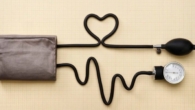

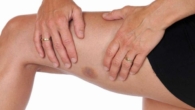

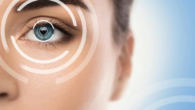
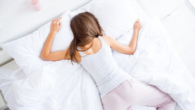
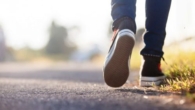
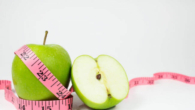
Leave a Reply